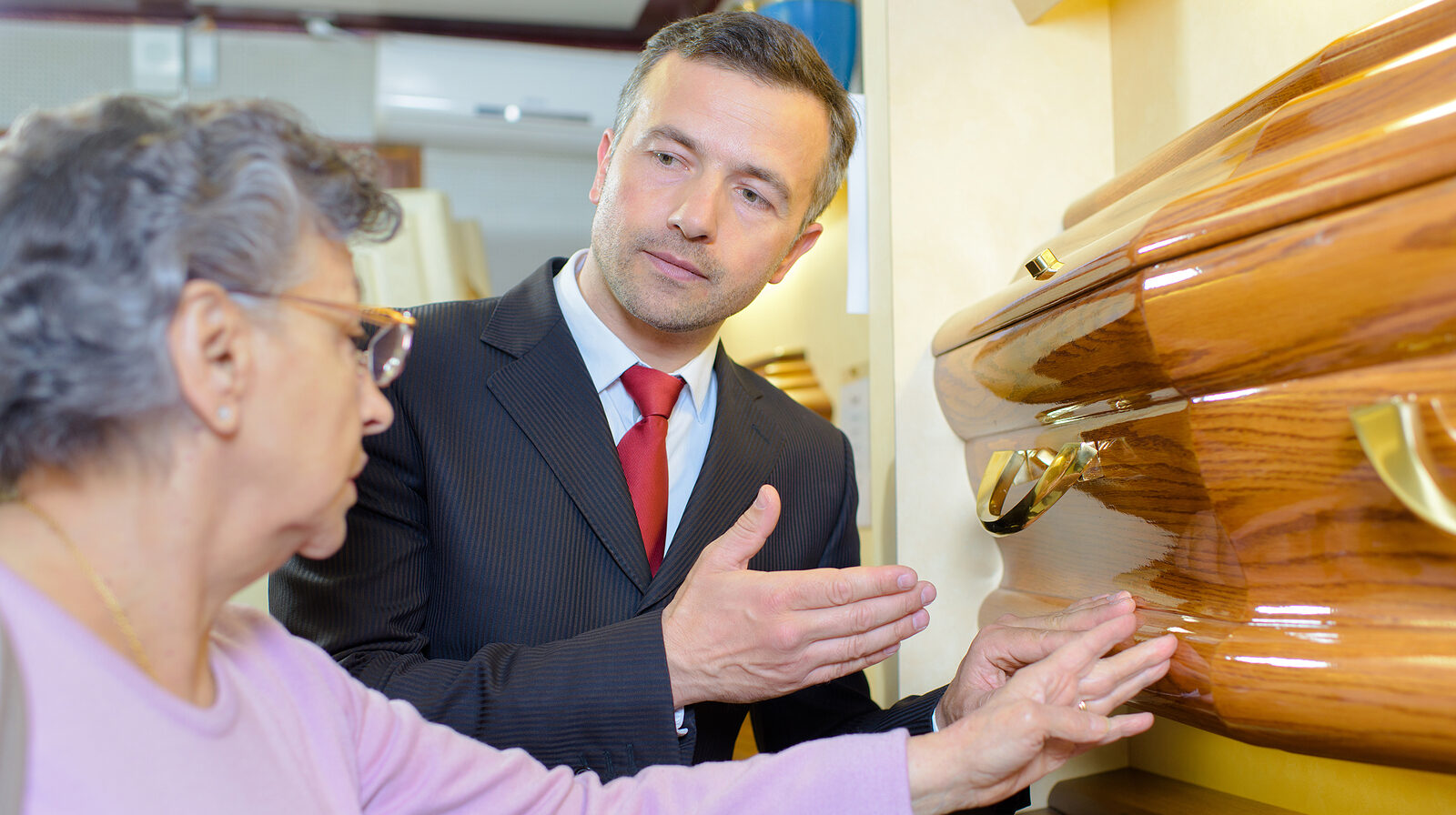
Incentivising family consent for organ donation
Doctors and economists are always searching for ways to make more organs available for transplant. With a market in organs off the table in most countries, what incentives should be created to persuade people to donate their own or to approve donations by relatives?
In an article in the journal Review of Behavioural Economics, Vinh Pham, of Waseda University, in Japan, argues that discounts on funeral services could increase organ supply.
Pham found that funeral aids, when presented as gifts to the fami8ly, were regarded as more “ethical” than direct payments in all criteria, such as honouring the deceased donor or avoiding commodification of organs. Paying for a full funeral service boosted the willingness of the family to consent to organ donation by 8.5%. Pham says that this implies that an increase of more than 1,000 donors annually in the United States.
The level of willingness is related to how the funeral aids are presented. Pham found that people were more willing if they were offered a “full funeral service” without revealing its value, rather than a dollar donation towards the cost of funeral expenses.
More Stories
China accused of sequencing Tibetan and Uyghur DNA to supply organ transplant market
A committee of the US Congress has heard shocking testimony about alleged forced organ harvesting from Uyghurs and Falun Gong...
Opt-out scheme for UK organ donation flounders
England’s opt-out scheme for organ donation does not seem to be working. Rolled out in 2020, the system was supposed...
Crisis in research: if Harvard isn’t safe from fraud, who is?
The president of Harvard, Claudine Gay, was forced to step down last month because of allegations of plagiarism. Not long...
Israel – Hamas war: medics are dying in Gaza
In the latest news from the war in Palestine, a dozen Israeli commandos entered the Ibn Sina hospital in the...
What is the real story of rape pregnancies after Dobbs?
Sometimes it seems that the precision of statistics is inversely proportion to their reliability. A widely reported research letter to...
Pick the odd one out: measles, mumps, Covid, rubella, pregnancy, malaria
Is pregnancy a disease? With some bioethicists arguing that the continuance of the human species is not worth the candle...
